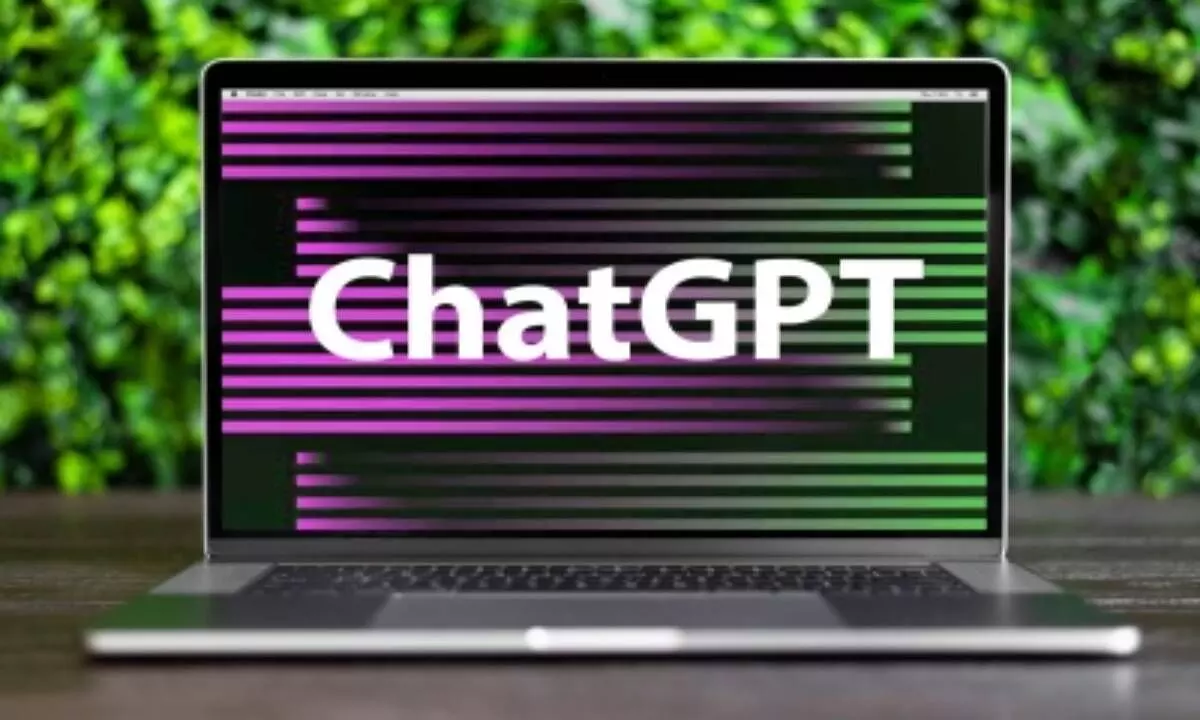Study finds ChatGPT can aid healthcare professionals
It is nearly 72% accurate across all medical specialties and phases of clinical care, and 77% accurate in making final diagnoses
image for illustrative purpose

New York Amid the growing debate over AI and its side effects, researchers now report that in healthcare settings, ChatGPT is nearly 72 per cent accurate across all medical specialties and phases of clinical care, and 77 per cent accurate in making final diagnoses.
The study led by investigators from Mass General Brigham highlighted potential for generative AI to increase access and efficiency in healthcare.
The large-language model (LLM) artificial intelligence chatbot performed equally well in both primary care and emergency settings across all medical specialties, said the study published in the Journal of Medical Internet Research.
"No real benchmarks exist, but we estimate this performance to be at the level of someone who has just graduated from medical school, such as an intern or resident. This tells us that LLMs in general have the potential to be an augmenting tool for the practice of medicine and support clinical decision making with impressive accuracy,” said Marc Succi, associate chair of innovation and commercialisation and strategic innovation leader at Mass General Brigham.
Changes in artificial intelligence technology are occurring at a fast pace and transforming many industries, including health care. But the capacity of LLMs to assist in the full scope of clinical care has not yet been studied.

